PYONGYANG, June 23, 2025 — North Korea has issued a strong condemnation of the airstrikes carried out by the United States against various military installations and strategic infrastructure in Iran. In an official statement released by the Korean Central News Agency (KCNA), the North Korean government described these attacks as "open acts of aggression" and "severe violations against Iran's national sovereignty."
The North Korean Ministry of Foreign Affairs further asserted that Washington's actions "violate the United Nations Charter" and called upon the international community to denounce these unilateral and provocative measures.
Though not formal allies, North Korea and Iran maintain technical cooperation, particularly in military and missile technology fields. This condemnation reflects geopolitical solidarity that could draw attention from other major powers.
North Korea’s statement adds to a growing list of countries denouncing the US-Israel actions. Earlier, Russia, China, and even the Vatican expressed concerns over the escalating conflict with potential for wider regional spillover.
By framing the strikes as a "sovereignty violation," North Korea stresses to the global community that this is not merely a regional dispute but a threat to the international legal order. This rhetoric may signal expanding coordination among states opposing Western dominance, thereby heightening diplomatic tensions worldwide.
While many Western nations justify the US action as "defending allies," countries across the Global East and South perceive these moves as drivers of instability. The United Nations itself has urged restraint and warned against unilateral actions that could further aggravate the situation.
North Korea's pointed criticism indicates that the Iran-Israel conflict has transcended bilateral or regional dimensions. When countries like North Korea speak out, it transforms into a global narrative struggle between East and West.
“Will this escalate into a full-scale diplomatic confrontation, or will the world return to negotiations before it is too late?”
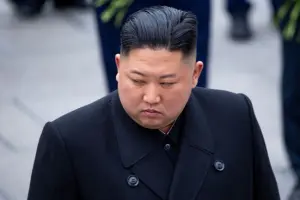
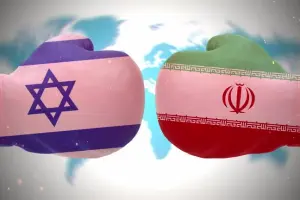



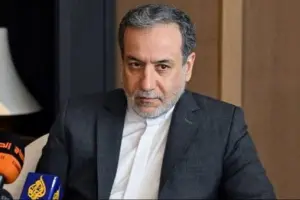


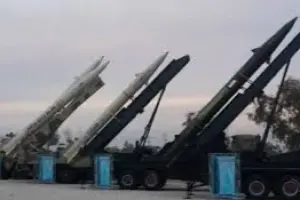

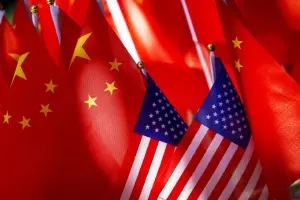
Responses